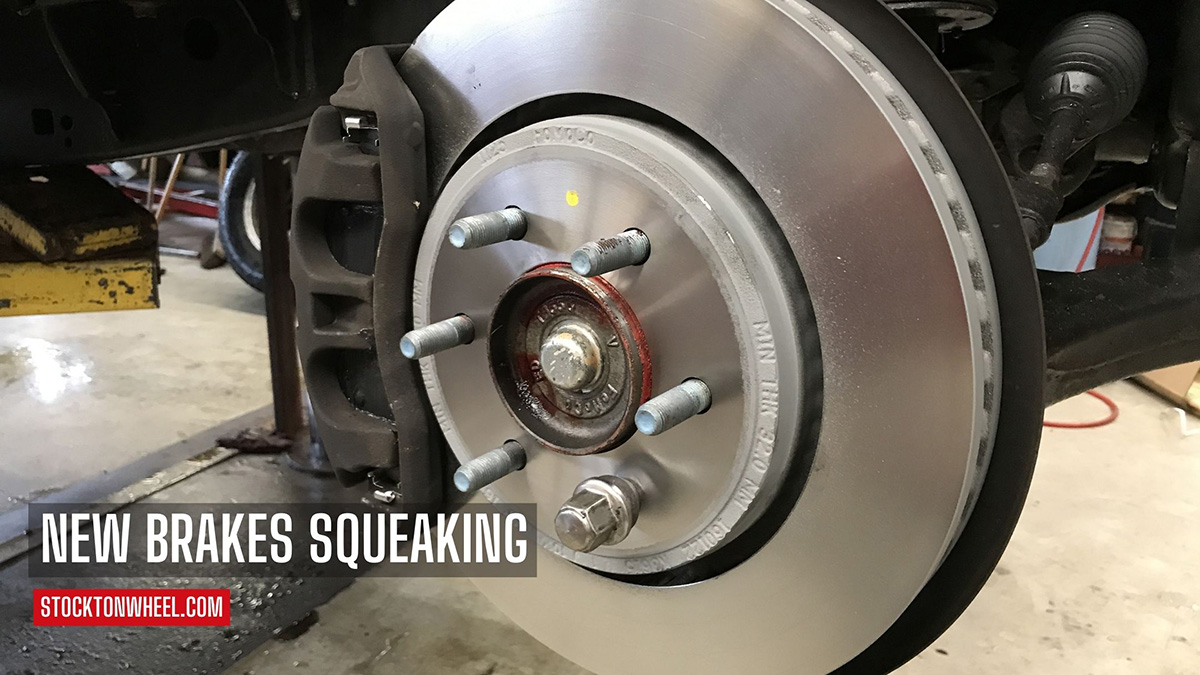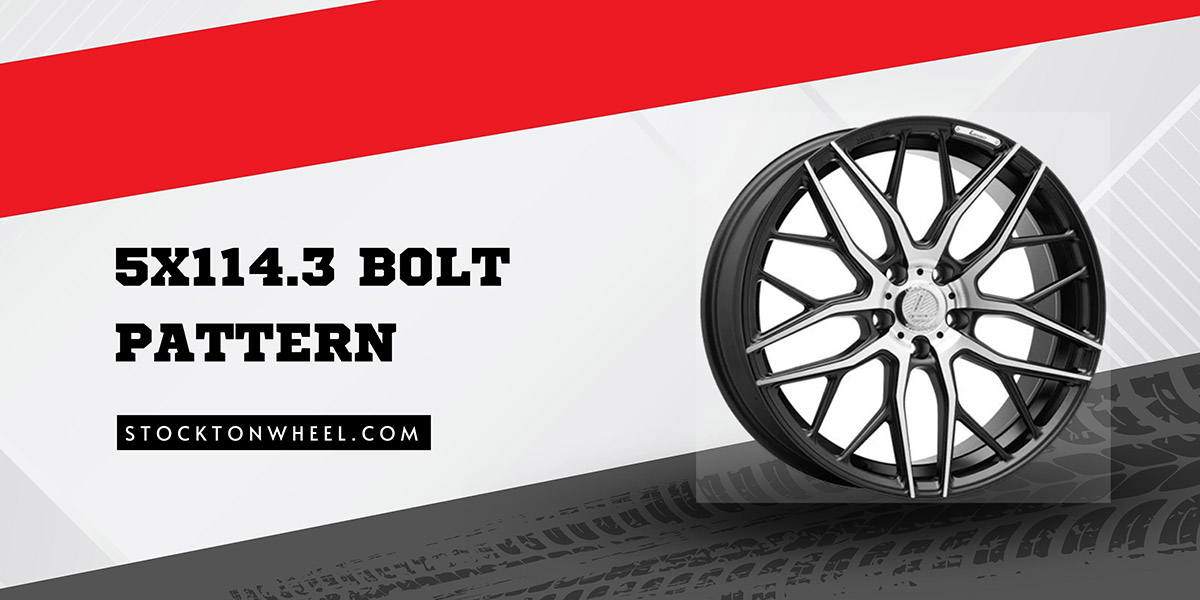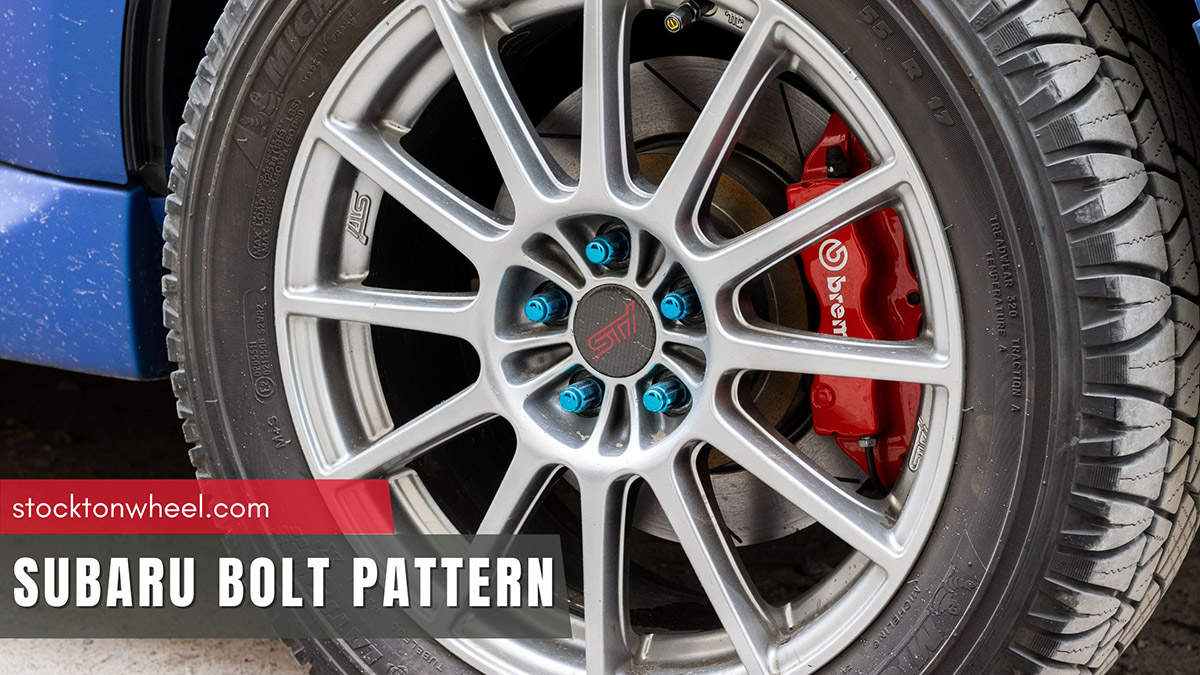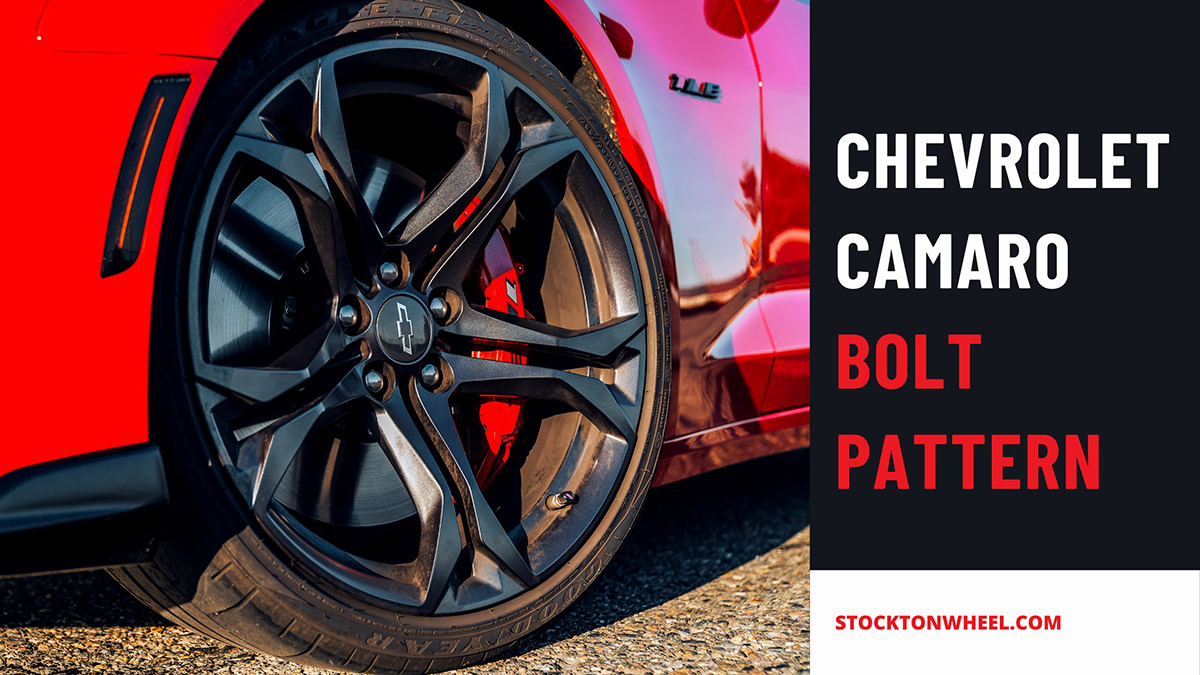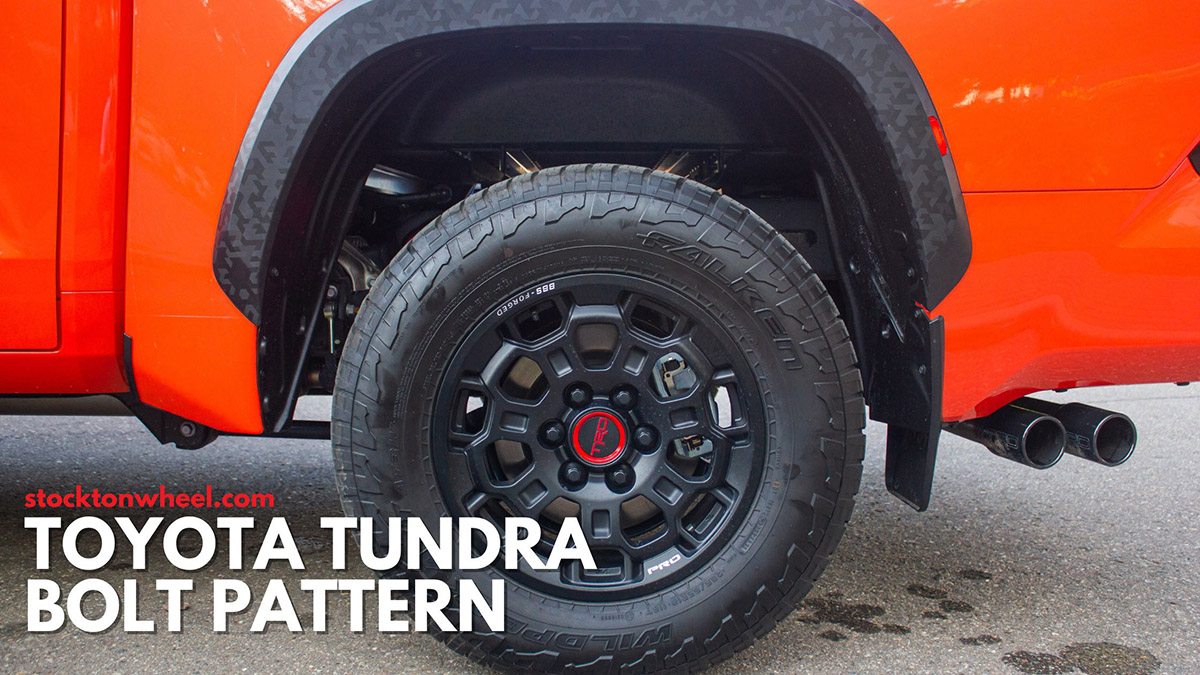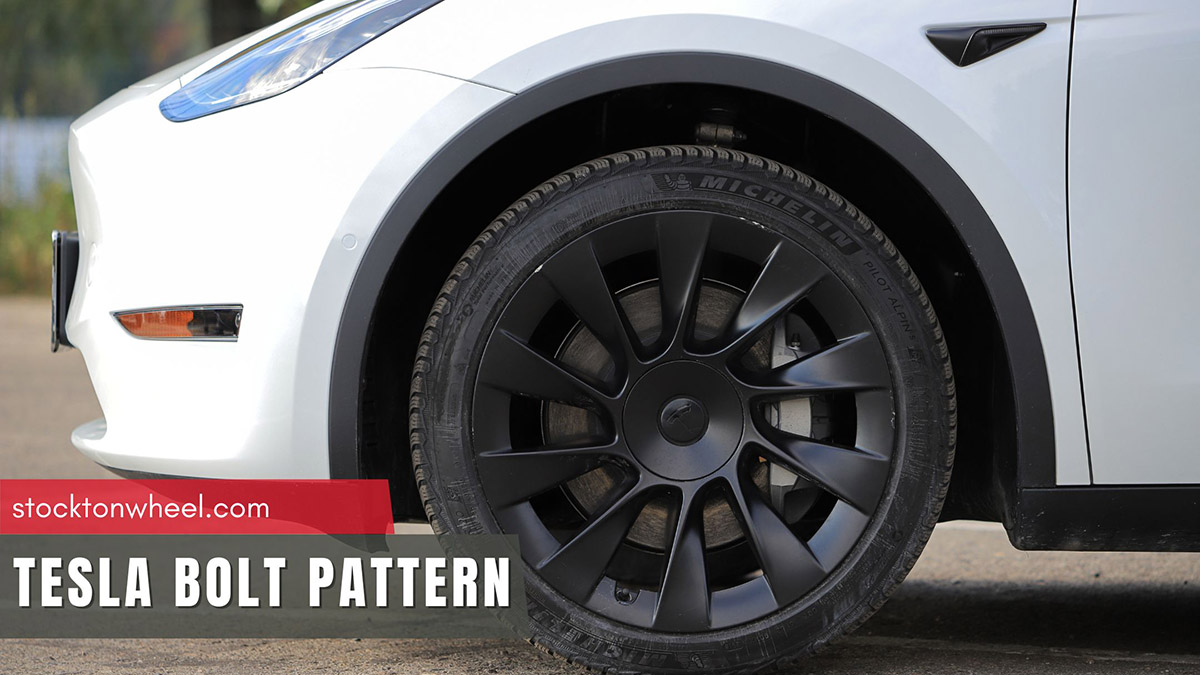Brakes are one of the main parts of the car’s braking system, so replacing them after extended use is strongly recommended to maintain optimal braking performance. But one issue arises: these brand-new brakes still squeak loudly, even though this is the first time you use them.
Several causes might be at play; keep scrolling to learn why your new brakes are squeaking.
In this article:
Why Do My Brakes Squeak When I First Start Driving?
You don’t need to worry if the squeaking results from accumulated moisture or constant use during downhill drives; plus, most new brakes still need some time for the “break-in” procedure. However, the squeaking stemming from aggressive overuse, improper/no lubrication, or outdated, cheap brake pad types requires instant inspection.
1. The Squeaking Is Normal If There Is:
Moisture
After exposure to snow, ice, or rain, moisture usually accumulates on brake pads and rotors and condenses overnight, leading to surface rust on the metal rotors. That explains why the brakes produce squeaking noises when applied, but there is nothing to worry about; the friction will remove the moisture and rust as you drive, making the noises subside.
Constant Use
Most brand-new brakes work effectively right after purchase. But if used constantly, especially during downhill drives, they might get overheated and squeak when stopping slowly.
Addressing this issue is quite easy. Pull over safely, turn off your car, and give the brakes time to cool down. If the overheating persists, ask for a professional inspection as soon as possible.
Break-In Period
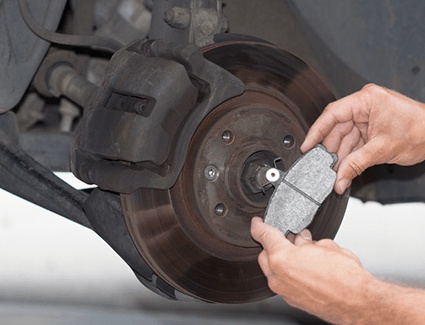
Auto shops usually perform a “break-in” of your new brake pads to ensure they contact the rotors and reduce the risk of squeaking or glazing.
Despite that, your new brakes still need some more time to fully adapt to your rotors, especially if you have replaced the rotors as well. As a result, your brakes still squeak when you first start driving. We suggest gradual, gentle braking during this period to help the brakes settle in without excessive noise.
2. The Squeaking Is Not Normal If It Results From:
Brake Pad Type
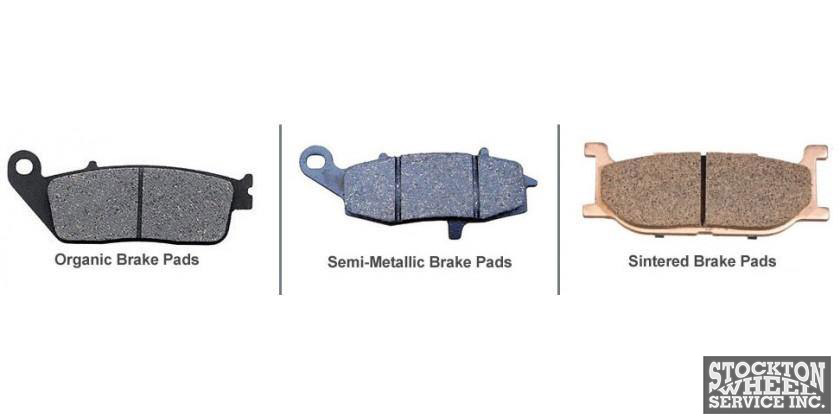
Some brake pad materials, particularly semi-metallic types, can be prone to squeaking as they contact the rotors. Consider using ceramic brake pads as an alternative, as they offer excellent durability without emitting too much noise.
Aggressive Techniques
Aggressive braking (or “riding” the brakes) causes excessive wear and overheating that escalates to brake glazing.
Glazed brake pads are more susceptible to vibration and squeaking. Therefore, to prolong brake life and reduce noise, remember smooth and gradual braking is always the key.
Lack of Lubrication
Lubrication is crucial in every vehicle with either a disc or drum braking system.
The system comprises drums/pads and rotating brake shoes/rotors with linings, and the pistons press against the drums/pads to generate braking force. Improper lubrication turns this gentle contact into aggressive scraping, resulting in a squealing noise whenever you apply the brakes.
Not Properly Cleaned Rotors
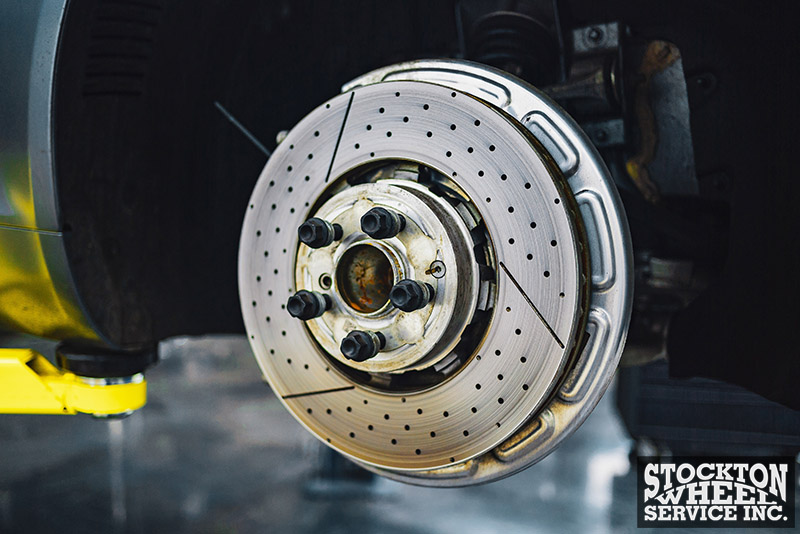
If you decide to replace the brake pads only, this is probably the case, as dirt and debris will accumulate on the rotors over time. Before installing new brake pads, clean and lubricate your brake rotors to reduce friction and noise. Otherwise, the loud squeaking is to be expected.
Problems With The Brake Calipers
The brake calipers squeeze the brake pads against the rotors, so any issue with the calipers, such as a stuck piston or a worn seal, triggers the squealing brake noises.
What To Do When Your New Brakes Squeak?
Does the squeaking stem from natural causes, such as moisture or the break-in period for new brakes? Then, you can wait for it to subside while reducing your braking force and usage frequency. Otherwise, consider the following tips:
Apply Brake Lubricant To The Brake Pads
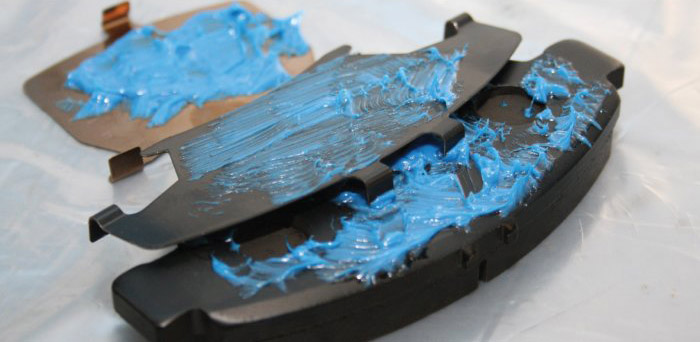
- First, remove the brake pads from the calipers (or cylinders for drums)
- Apply the lubricant to the back of the brake pad, but avoid the friction material.
Ensure that neither the rotor nor the brake pad’s friction surface is coated with lubricant – or your braking performance will be severely affected.
Install Brake Pad Shims
Quality brake pad shims can provide extra assistance in noise reduction.
Some vehicles have the shims pre-installed on the brake pads, but if that is not your case, simply purchase them from local stores. They will fill in the slightly larger gaps between the brake pad and caliper, aided by a thin rubber coating that absorbs vibrations, reducing squeaking noises as a result.
How Long Does It Take for New Brakes to Break In?
It usually takes about 300-400 miles of driving for the brake pads to establish a full, even film transfer onto the rotors. To speed up the process, remove any rust, scale, or debris on the hub mounting surface before installing new brakes or rotors.
Conclusion
Hard materials of the pads or lack of lubrication might contribute to the noises. But the great news is that most of the time, they come from natural moisture and constant use during downhill drives.
The newly installed brake components also need some time to adjust, which is why they are not exactly quiet during the first few hundred miles. Once they settle in, the squeaking will subside.

